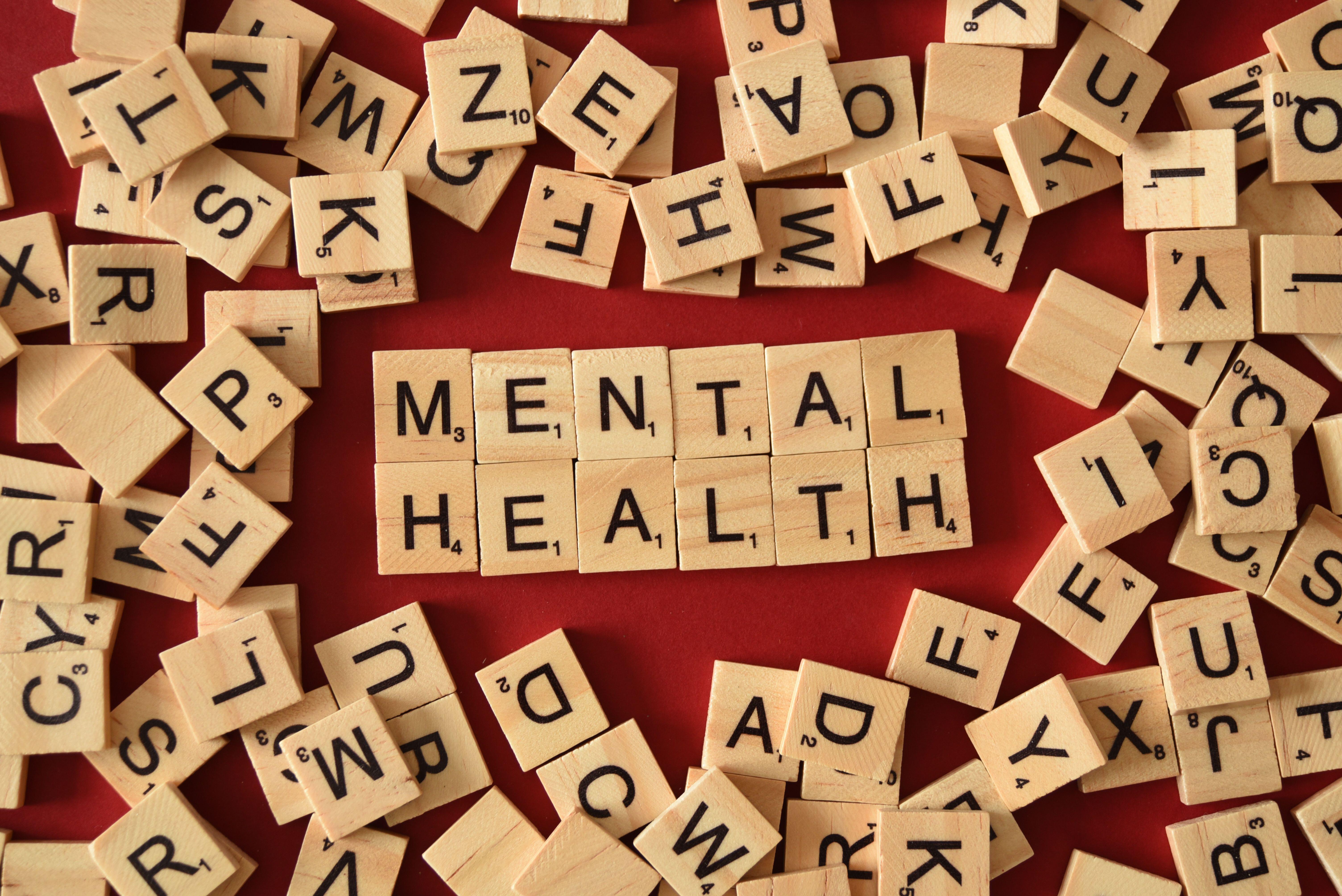Mental health ‘worse’ in North after pandemic, report finds
The Northern Health Science Alliance has conducted a review of how the Covid-19 restrictions affected the English regions.

Mental health in the North was more badly affected by the pandemic than elsewhere in England, a new report has found.
Experts have estimated that the mental health crisis in the North has cost the UK economy £2 billion, on top of the losses caused by Covid-19.
A report by the Northern Health Science Alliance (NHSA) said the findings are more evidence that the pandemic had an unequal impact across different regions.
Its research found:
– People in the North aged under 35 were more likely to have developed a psychiatric disorder over the course of the pandemic, an increase of 2.5% compared to a reduction of 1.3% in the rest of England;
– Anti-depressant prescriptions rose by 12% in the North during the pandemic;
– Women from ethnic minorities in the North had the worst mental health in the country. Their mental health scores fell by 10% at the start of the pandemic and were 4% lower throughout the pandemic;
– Mental health fell equally in the North and the rest of the country during the pandemic (5% decrease), but recovered more quickly in the rest of the country (to 1.3% decrease) than in the North (2% decrease).
Report co-author Clare Bambra, professor of public health at Newcastle University, said: “These findings reiterate that the pandemic has been very unequal.
“People in our most deprived communities have suffered most, in terms of death rates, dying younger and in ongoing ill health such as long Covid.
“These health inequalities reflect long-term inequalities in the social determinants of health, how we live, work and age.”
A Government spokesperson said: “We recognise the pandemic has had a significant impact on people’s mental health, and we are working to ensure that there are appropriate services in place to treat those that need it.
“We are transforming mental health services, which will see over £2.3 billion of additional funding a year by 2024 – helping an additional two million people across England access services.
“Our Mental Health Recovery Plan included £15 million of funding in 2021/22 to help level-up mental health and wellbeing across the country – including in northern England – by investing in activity to promote positive mental health in the most deprived local authority areas.”
Bookmark popover
Removed from bookmarks